Shadow of the Sword
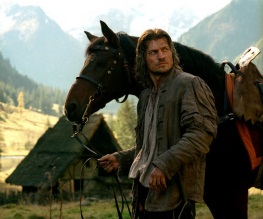
Putting together an accomplished period piece taking place during the Early Modern Period is an undeniably tough task unless you have a big budget to back you. Yet there is something appealing about low-budget medieval films that you don’t get with the CGI-dependant, star-driven Hollywood offerings. Rather than blow you away with battles involving 10,000 digital troops, they’re more focused on performance and narrative, often showing characters struggling to survive in the face of history’s monumental moments (admittedly, their sets are often laughable). Shadow of the Sword doesn’t necessarily fit into either category, drifting around in a period piece limbo that’s decently designed, rarely boring, but that never quite immerses us either.

Shadow of the Sword is set in Central Europe against the backdrop of the Spanish Inquisition, circa 1500. Georg (Peter MacDonald) and Martin (Nikolaj Coster-Waldau) are two childhood friends who take contrasting paths as adults; Georg becomes a Catholic priest, while Martin serves as an army captain before eventually becoming an executioner. When the two reunite in adulthood, their friendship is pushed to the limit as Georg gets caught up in the Inquisition, forced to persecute anyone showing signs of rebellion or heresy against the Holy Roman Empire.
The plot develops quickly, if a little erratically. Despite Georg and Martin apparently being the best buddies in the world, the script fails to establish a bro-mantic chemistry between the two. Georg is an impotent sap (the kind of guy who’d give you a limp, sweaty-palmed handshake) while Martin is your typical rugged, sword-wielding hero. There just is nothing that connects the two, apart from the fact that they were in the same choir and presumably touched up by the same priest when they were kids. The secondary characters are reduced to stereotypes; from Martin’s passive wife, to the gollum-like Fabio (a waste of Eddie Marsan’s acting talents), to the evil Sith-like Inquisitor (Steven Berkoff), there is too much cliche here for it to be a serious drama.

Things do heat up pretty quickly, as we get a strong sense of the good-intentioned Georg being caught up in events way beyond his control. The swift persecution of the Protestant anabaptists evokes the obligatory horrors of historical genocides, though the impact is reduced somewhat as we don’t see things from their perspective. Considerably more effective are the torture scenes which, despite being mostly off-screen, provide sufficient sound effects to let our imaginations do the rest. The violence may be satisfyingly gritty, but the victims in these scenes aren’t significant characters, so it feels a bit like we’re watching them to satisfy our primal bloodlust rather than the need for narrative development.
Despite all its reductive stereotyping, this is not a dreary film. The costumes and sets are all reasonably convincing, though the over-use of haggard wenches with rotten teeth just makes me think of Monty Python and the Holy Grail (not necessarily a bad thing). Berkoff fulfils his role as the villainous Inquisitor with relish, and his ruthlessness heightens the film’s intensity; so much so that we start seeing the odds stacked against our shallow heroes to be nigh-on insurmountable.

It was a brave move by director Simon Aeby to make a film that fairly honestly depicts the brutality and injustice of the Inquisition. To make a film where people actually manage to stand up against one of the most efficient religious cullings in history would be fairy-tale stuff, and Aeby does well to sacrifice the Hollywood ending for the sake of historical accuracy. Shadow of the Sword is a surprisingly good-looking and honest historical snippet into one of the most authoritarian periods in Europe’s history. While it’d make a nice exhibition of ‘what things were like back then,’ the film falls short in character development and a subsequently engaging narrative, making it a superficial historical skim rather than an immersive epic.

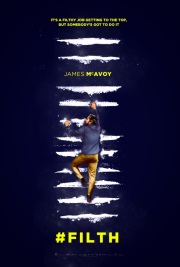
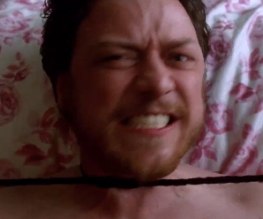
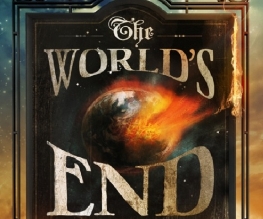
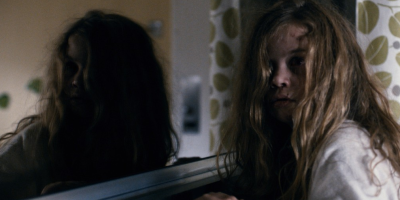
Recent Comments